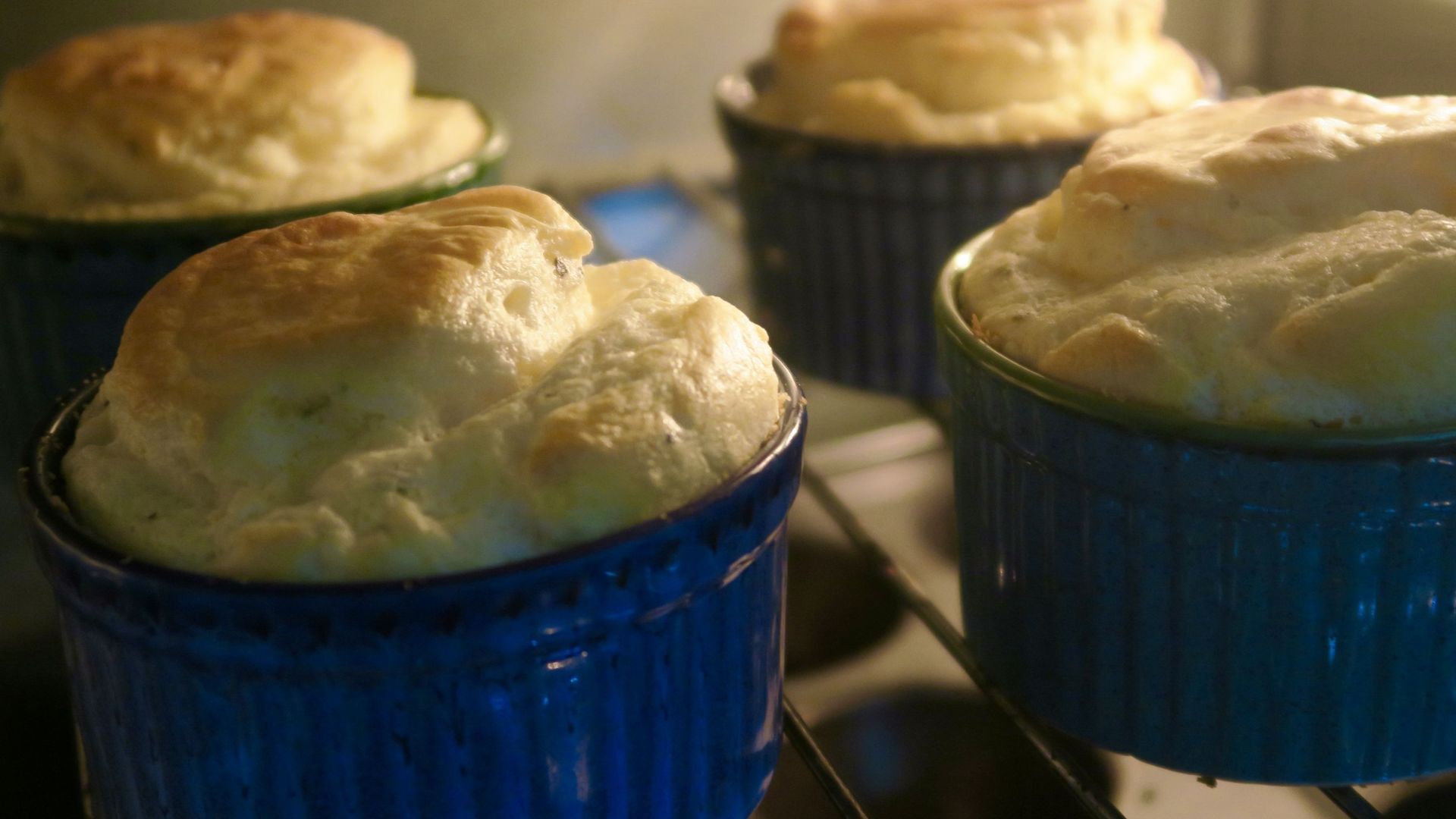
Yes, there is a reason to help advance cooking technology, by ridding it of all the waste of its development! This is done through tests, through questioning, rather than supporting teaching with reproduction that we mentioned previously. There’s a reason why we don’t give in to the argument about the authority of great chefs or not. Moreover, the latter have received experimental training, and their skills have become more artistic (good food is good food) than technical. Let us do as with great civil works: let us entrust the design of bridges to artist-architects, but let us entrust the solidity of the works to engineers who know the strength of materials (and, moreover, let us avoid leaving it in the hands of engineers) drawings, or in the hands of solidity artists. !).
In short, molecular gastronomy still has a lot to do: I have 25,000 culinary details in my files, just for French cuisine! The questions are countless, and it will take everyone’s help, in the spirit of inquiry, so that we can explore them.
althoug, Cooking will never become scientific, unlike what the chef Auguste Escoffier wrote, in a way that makes no sense at all. Because cooking is a technique, combined with an artistic element, and will remain so: cooking must produce dishes, which is precisely a technical + artistic work.
Science – to say more precisely the natural sciences – must instead search for the mechanisms of phenomena; This is done in the following way:
-
Identify the phenomenon (and there is nothing worse than searching for the mechanisms of phenomena if they do not exist, hence the experimental studies of molecular gastronomy seminars);
-
Describing it quantitatively: measuring many aspects of a phenomenon produces numbers and measurement results;
-
Compiling these measurement results into equations called “laws”;
-
Combining laws and introducing new concepts to produce a “theory” (or “model”) that gives, in some way, the mechanisms of the phenomenon;
-
Search for results of theory;
-
And testing these theoretical results experimentally, especially with the aim of refuting the theory (which will allow it to be improved).
We can clearly see that this method has nothing to do with cooking, and that cooking, that is, the production of dishes, will never perform this work… which, on the other hand, is the work of molecular gastronomy.
Therefore, let us avoid expressions like “culinary science” (unless we are talking about the knowledge of chefs); Let us avoid confusing the natural sciences with cooking; Let us avoid confusing technology with technology and natural sciences. Let us not confuse molecular gastronomy (from the natural sciences, especially physical chemistry) with molecular cuisine (from cooking).
Above all, and more positively, let’s say that molecular cuisine was a massive artistic revival… which today has been overtaken by “cooking with notes” (another story, which I don’t have space to explain here, even if it is the kitchen of the future), while culinary science has continued Molecular development has been in development since 1980, and will continue to do so: we are in 34 laboratories at universities around the world… and we publish a journal Handbook of molecular gastronomy.
This Hervé, from Kinzaphysicist and chemist at INRA, and Director of the AgroParisTech-INRA International Center for Molecular Gastronomy, AgroParisTech – University of Paris-Saclay






